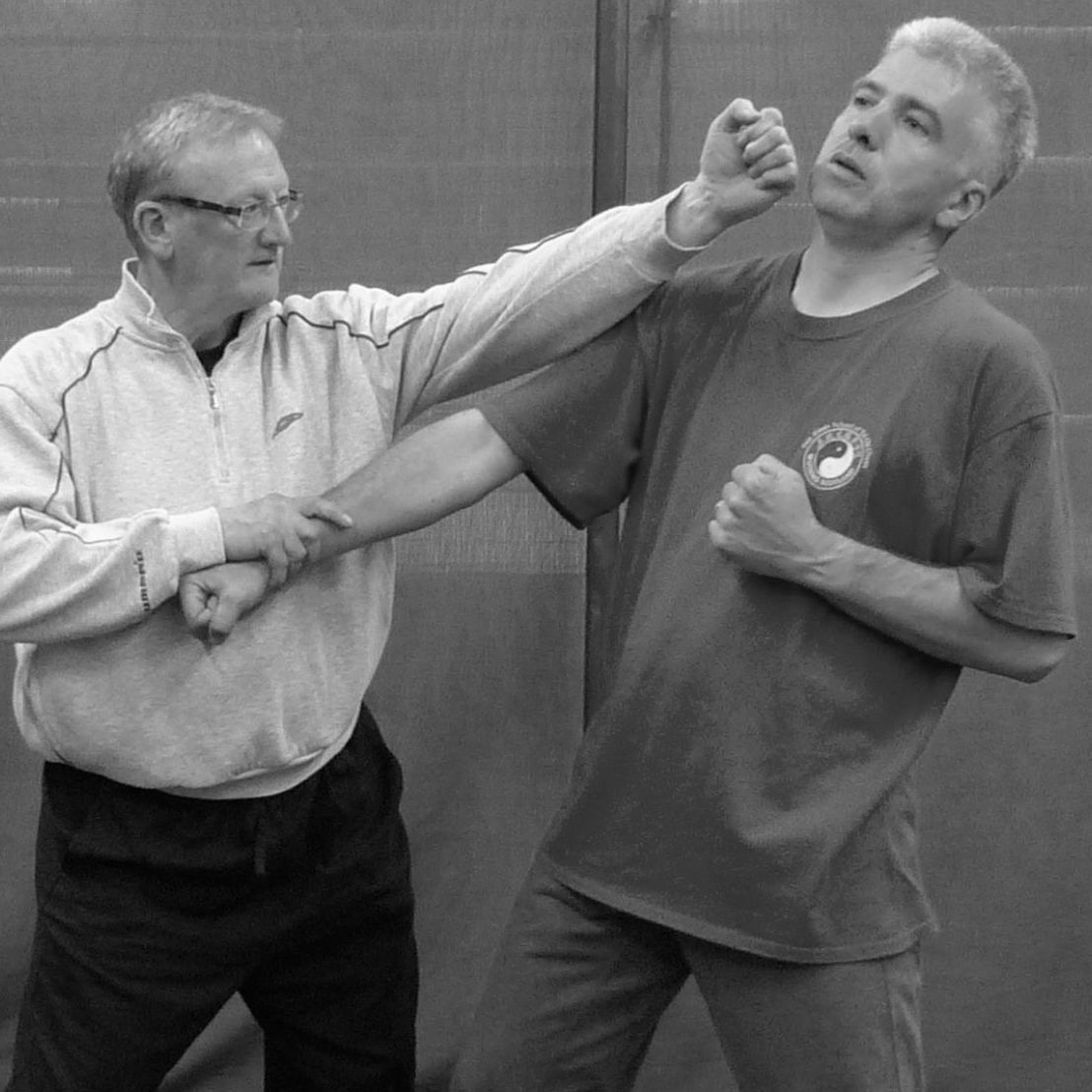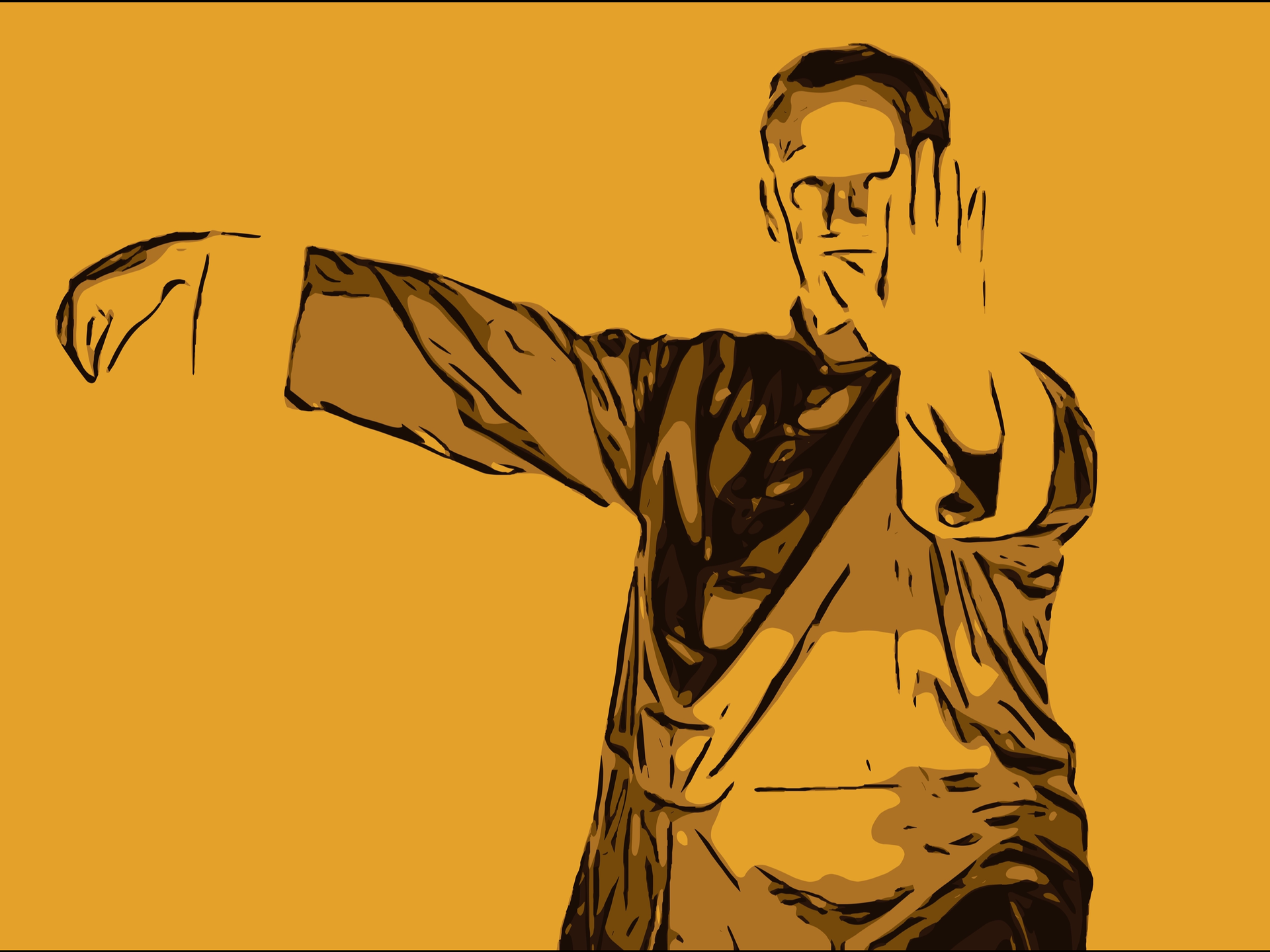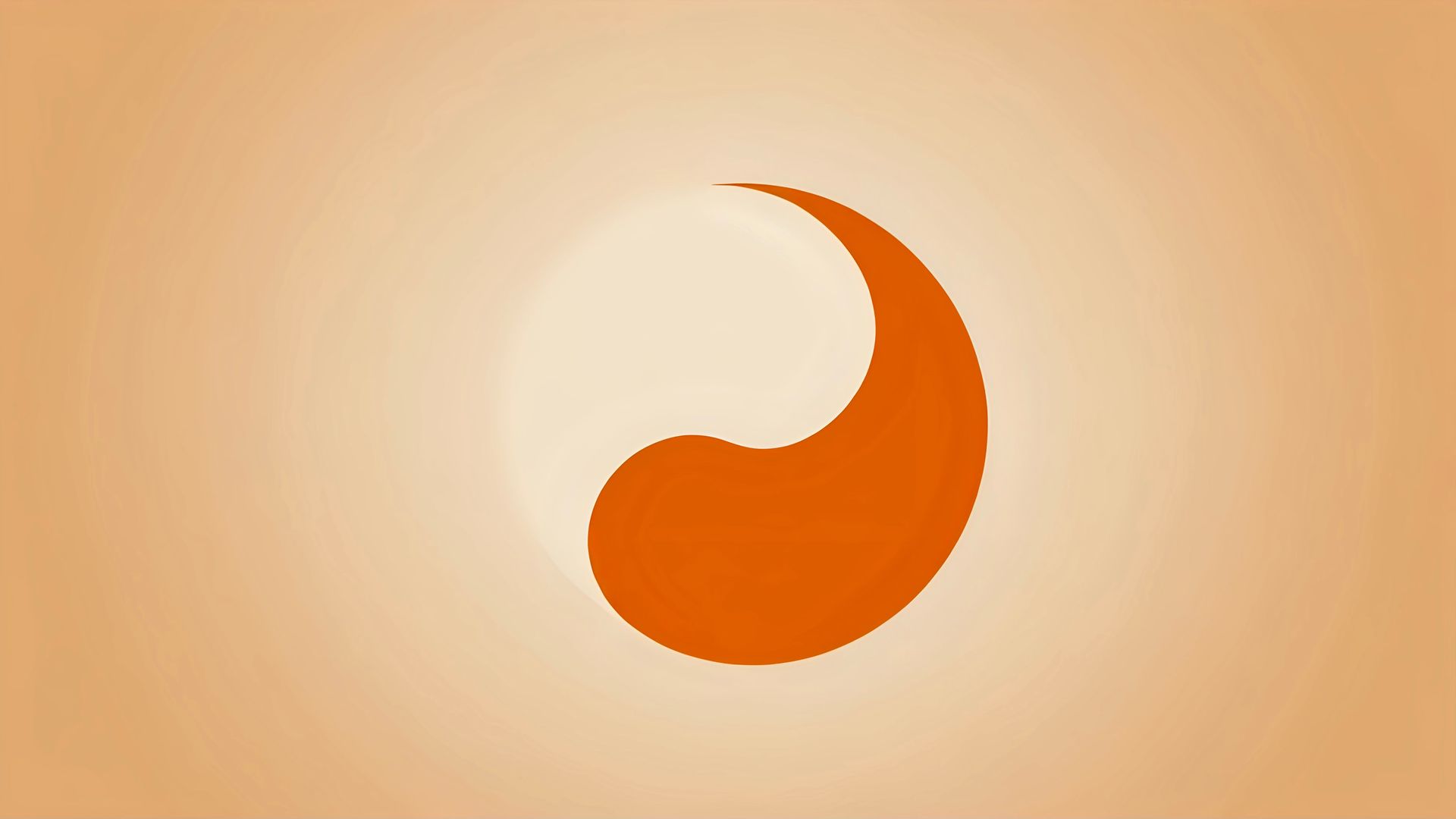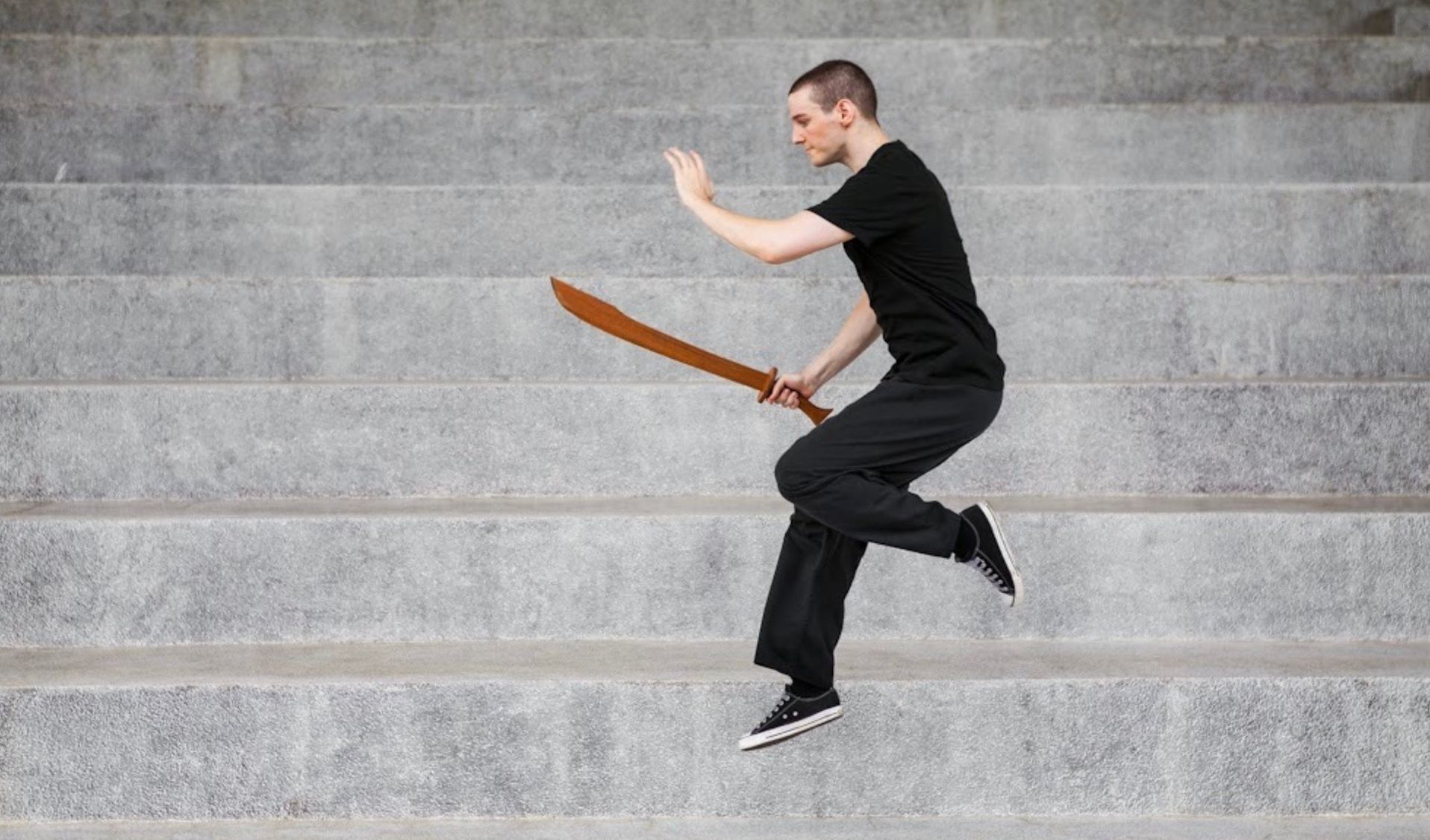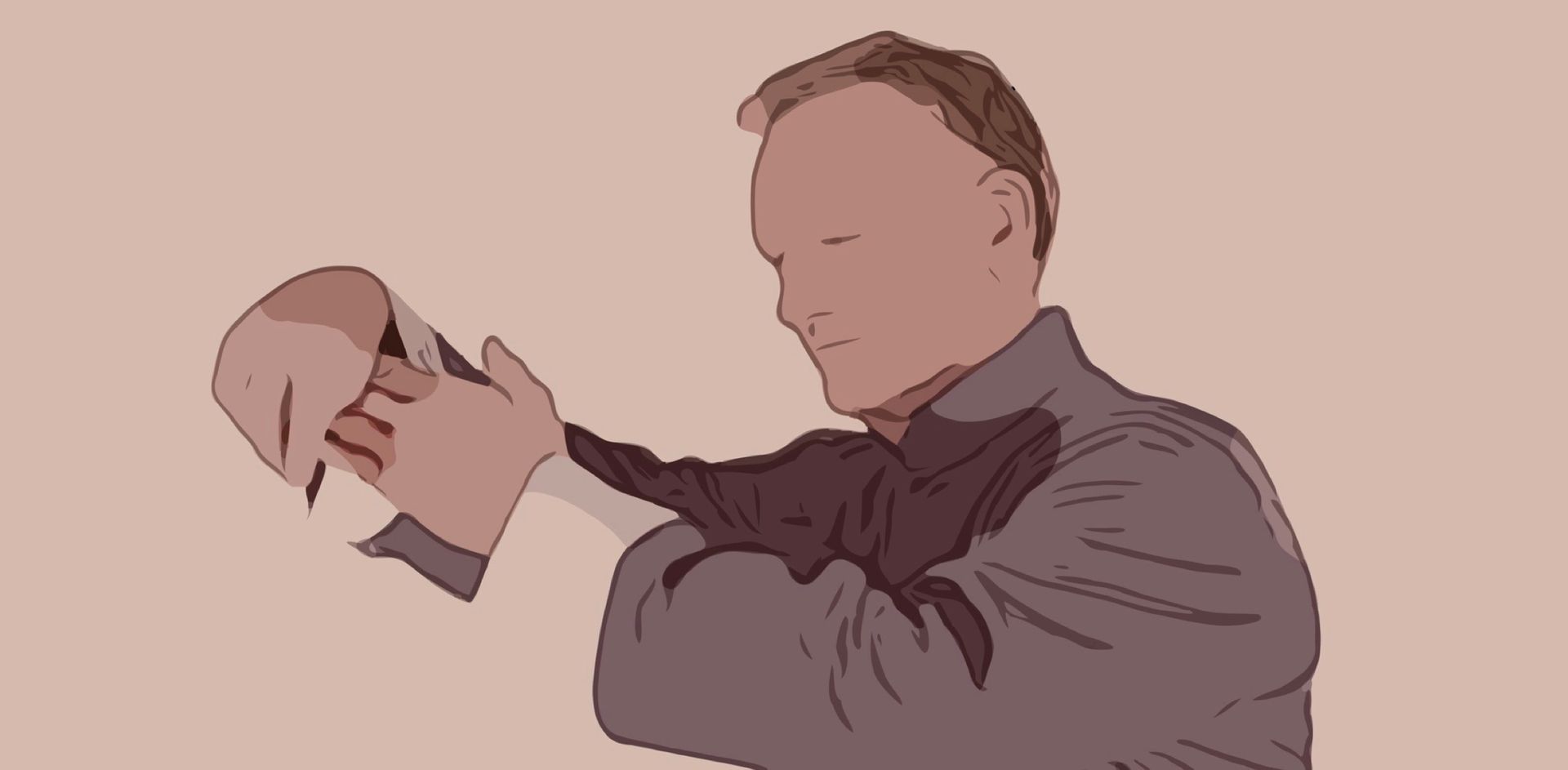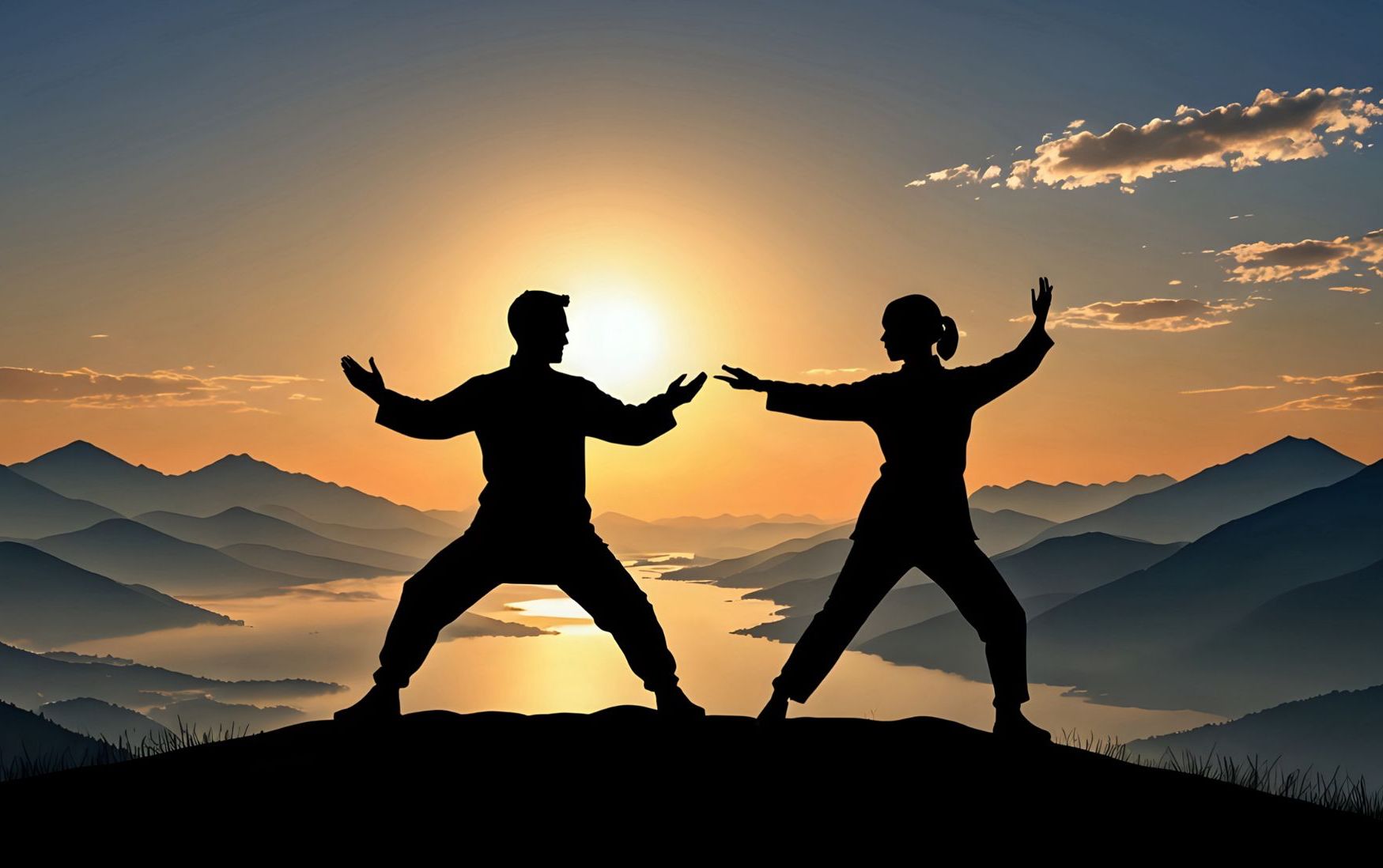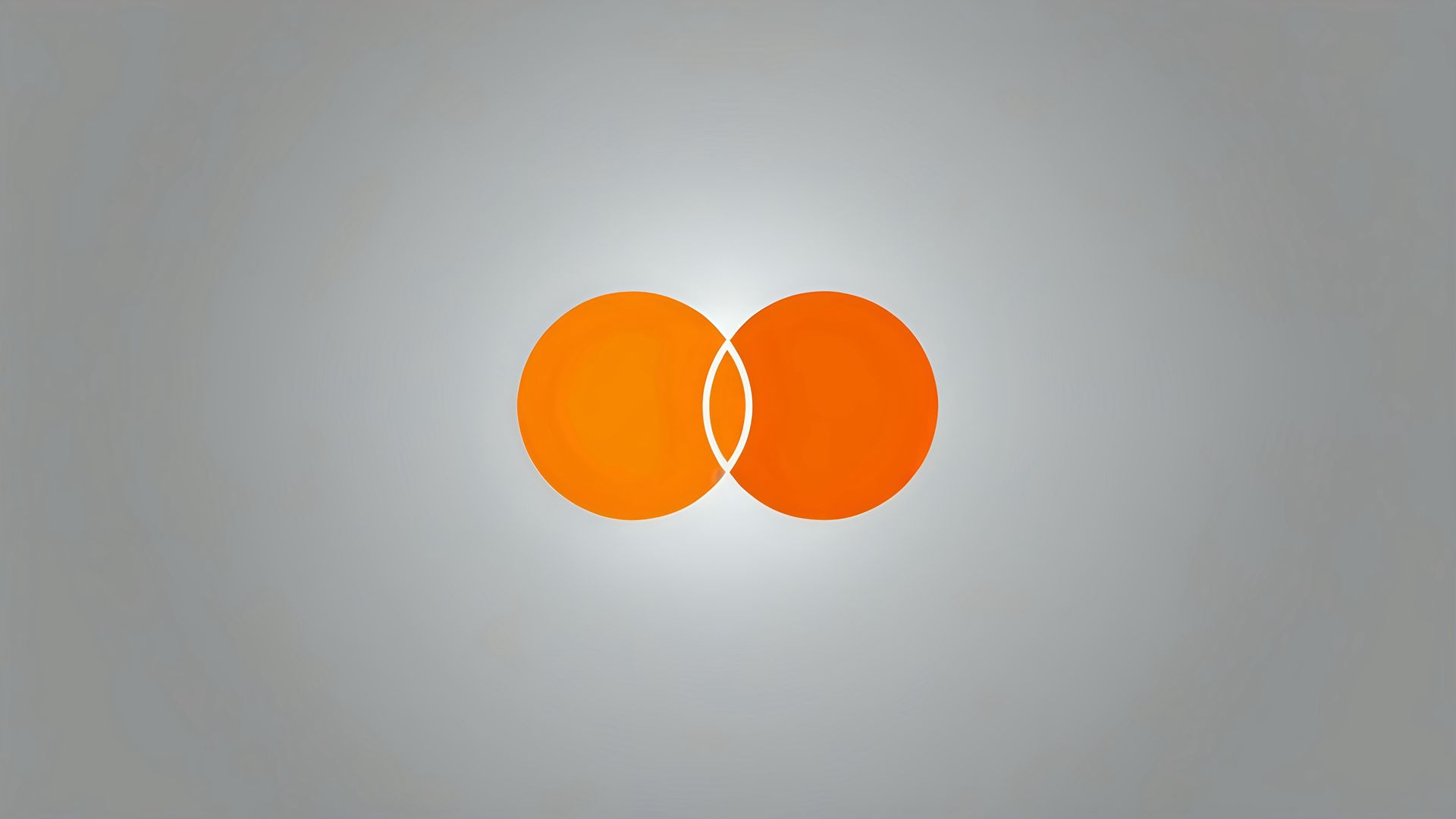Tai Chi vs. Yoga: Which is Better for Stress, Flexibility & Well-Being?
Tai Chi vs. Yoga: Which is Better for Stress, Flexibility & Well-Being?
Yoga and Tai Chi are often compared—both are ancient practices that emphasize mind-body connection, breathwork, and flexibility. But while Yoga has taken over gyms and wellness spaces worldwide, Tai Chi remains an underappreciated gem—despite being backed by science for stress relief, mobility, and overall health.
So, which is better for you? Let’s break it down.
⸻
1️⃣ Tai Chi vs. Yoga: The Core Differences
Both Tai Chi and Yoga are known for their calm, flowing nature, but they differ in how they engage the body and mind.
🔹 Tai Chi (Moving Meditation & Energy Flow)
✅ Dynamic, continuous movement (always flowing, never static)
✅ Focuses on balance, coordination & whole-body integration
✅ Helps cultivate internal energy (Qi) and mind-body awareness
✅ Often practiced standing (no need for mats or equipment)
✅ Historically a martial art—rooted in defense, posture & energy work
🔹 Yoga (Static Postures & Stretching)
✅ Pose-based practice (holding postures for breath control)
✅ Focuses on stretching, flexibility & muscle elongation
✅ Uses structured asana sequences (e.g., Vinyasa, Hatha, Yin Yoga)
✅ Often practiced on a mat, incorporating floor-based postures
✅ Traditionally a spiritual practice from India, with meditative elements
Bottom Line? Yoga is often about deep stretching and holding poses, while Tai Chi is about constant, natural movement that builds strength and coordination.
⸻
2️⃣ Which is Better for Stress & Anxiety?
Both practices are powerful for stress relief, but Tai Chi has some unique advantages that often get overlooked.
📌 Harvard Medical School calls Tai Chi “Medication in Motion” because of its ability to lower cortisol (stress hormone) and improve nervous system function.
🔹 How Tai Chi Reduces Stress Faster:
✅ Gentle, rhythmic movement shifts the body into a relaxed state faster.
✅ Synchronizing breath with motion calms the mind (without long-held poses).
✅ No need to push flexibility—it’s accessible for all ages and body types.
✅ The meditative focus is built-in—no need to sit still for mindfulness.
🔶 If you find still meditation or long-held postures difficult, Tai Chi may be a better stress-relief choice.
⸻
3️⃣ Which Improves Flexibility & Mobility More?
Both Yoga and Tai Chi help with flexibility—but they approach it differently.
✅ Yoga focuses on deep stretching—holding poses that target muscles, tendons, and joints.
✅ Tai Chi emphasizes functional mobility—gradually increasing range of motion through natural movement.
📌 For Older Adults or Those Recovering from Injuries: Tai Chi is often the safer option because there’s no extreme stretching, and movements naturally adjust to your ability.
📌 For Athletes & Martial Artists: Tai Chi helps improve balance, coordination, and efficient movement, making it a great supplement to training.
🔶 Yoga helps you stretch deeper, while Tai Chi helps you move better.
⸻
4️⃣ Which is Better for Long-Term Health?
Both practices have scientific backing, but Tai Chi shines in some areas where Yoga falls short.
📌 Tai Chi is Clinically Proven to Help With:
✅ Fall Prevention & Balance – Reduces risk of falls by 55% in older adults (New England Journal of Medicine)
✅ Joint Pain & Arthritis – Just as effective as physical therapy (Arthritis Care & Research)
✅ Heart Health – Lowers blood pressure and improves circulation (Journal of the American Heart Association)
✅ Cognitive Function – Reduces dementia risk & improves memory (Frontiers in Aging Neuroscience)
📌 Yoga is Clinically Proven to Help With:
✅ Flexibility & Muscle Strength – Improves range of motion & posture (International Journal of Yoga)
✅ Lower Back Pain – Can relieve tension and spinal discomfort (Annals of Internal Medicine)
✅ Mindfulness & Breath Control – Enhances relaxation & meditation ability (Harvard Health Publishing)
🔶 If you want to move and function better as you age, Tai Chi has the edge.
⸻
5️⃣ Who Should Choose Tai Chi Over Yoga?
While both are excellent, Tai Chi might be the better fit for you if:
📌 You prefer movement over holding static poses
📌 You struggle with traditional meditation but want mindfulness benefits
📌 You want to improve balance, coordination & mobility without extreme stretching
📌 You’re looking for a low-impact exercise that’s accessible at any age
📌 You’re recovering from injury or have joint issues and need a gentler alternative
🔶 If you love fluid motion and an accessible, lifelong practice—Tai Chi is for you.
⸻
Final Verdict: Do You Need to Choose?
You don’t have to choose one over the other—many people practice both! Tai Chi and Yoga complement each other beautifully, offering a balance of mobility, relaxation, and mindfulness.
🚀 But if you’re looking for a movement practice that’s gentle, functional, and scientifically proven to enhance longevity—Tai Chi might be the best choice for you.
Experience the Benefits of Tai Chi

